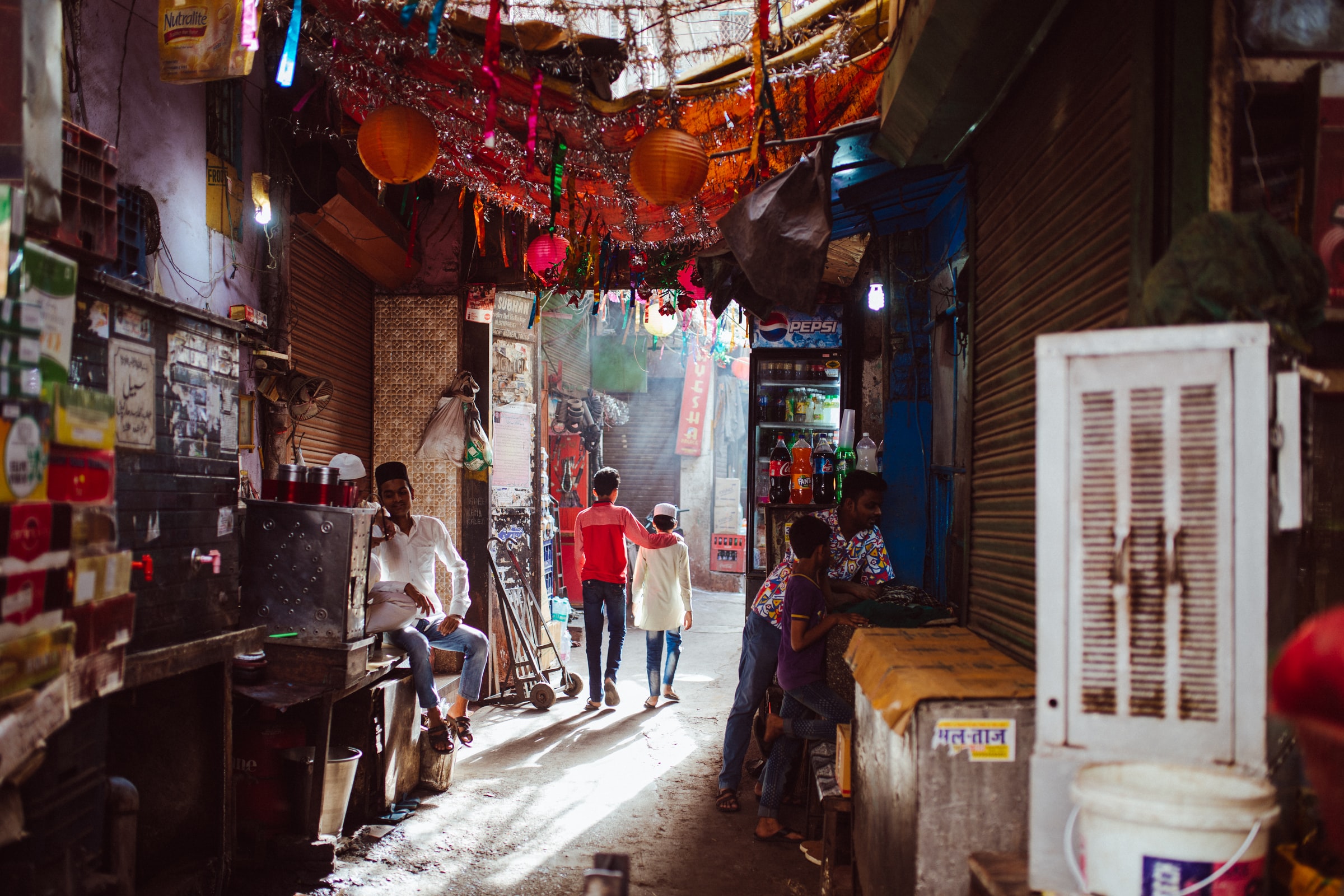Cultural Practices and Resilience
Course Name: Cultural Practices and Resilience
OCW type: Course
Higher Education Institution: Kamla Raheja Vidyanidhi Institute for Architecture and Environmental Studies (KRVIA), Mumbai

Description of course
Aim: To study and review sociological and cultural heritage perspectives on the meaning of resilience from a South Asian lens. The questions of cultural practices in-built in the everyday urbanism of Indian cities are inextricably tied to the questions of resilience.
Course Objectives:
Resilience, as a construct has myriad connotations. In the global South, particularly in South Asia resilience takes a different meaning based on context specific experiences and altogether different challenges posed by cities. Through a variety of scholarly readings and several examples and case studies this elective seeks to develop a holistic sociological understanding of resilience through the lens of cultural practices and every day urbanism in Indian cities. The specific objectives of the course include a better understanding of the following:
- Cultural Heritage, resilience and change
- Case studies for site at risks- Venice, Kyoto, Kathmandu, Jakarta, Rio de Janeiro, Paris
- Capacity to absorb disturbance
- Adaptability and transformability
- Climate change and heritage
- Resource management
- Memory & place in heritage resilience
- Future of the past
Learning Outcomes:
- Theoretical understanding of the diverse sociological and cultural heritage perspectives of resilience
- Students will read a variety of scholarly literature with a specific focus on the Global South
- They will simultaneously get a global understanding of the subject
- Develop understanding of urban morphology through phenomena of cultural heritage and social practices
- Identify various forces and possible threats in the morphological structures and understand their relationships
- Develop suitable visual and creative methods to depict urban resilience with specific real-life examples from their eco system.
Course Structure
Course Duration: 16 weeks, Once a week
Course Frequency: Every Year
Course Format: Elective/Lectures/ reading/presentations
Course Content
Prerequisites for participation:
A minimum of 10 students from the Post graduate Program of Urban Design or Urban Conservation.
Course Syllabus:
|
Module 1 |
Introduction with sharing of reading materials |
|
Module 2 |
Reading and presenting scholarly literature |
|
Module 3 |
Interactions with class |
|
Module 4 |
Class presenting their own interpretations of the concepts learned |
|
Module 5 |
Representing and communicating |
|
Module 6 |
Learnings for Design |
Course Assignments:
Study of chosen sites, drawing and representing them using the concepts learnt in class.
Expected time spent on course:
Time spent in hours: 53 hours
Time spent in ECTS (European Credit Transfer and Accumulation System): 2 ECTS
Course Grading
Assessment Criteria and Distribution of Marks:
|
Stages and Details: |
Percentage of Total Mark |
|
Internal assessment based on student participation in class |
50% |
|
Assignment submission |
50% |
|
Total |
100% |
Course Evaluation
Evaluation Procedure & Criteria:
Deans and Academic advisors evaluate and comment upon the course structure before the course in conducted.
After the course, participant evaluation feedback analysis obtained through ERP is made available to individual faculty.
Faculty Evaluation:
Informal interactions in the studio by way of review of daily progress along with formal evaluation by way of juries as per the above provided course grading.
Student Evaluation:
Standard format by way of a questionnaire is available for the students to suggest their learnings as well as areas in which the course can improve.